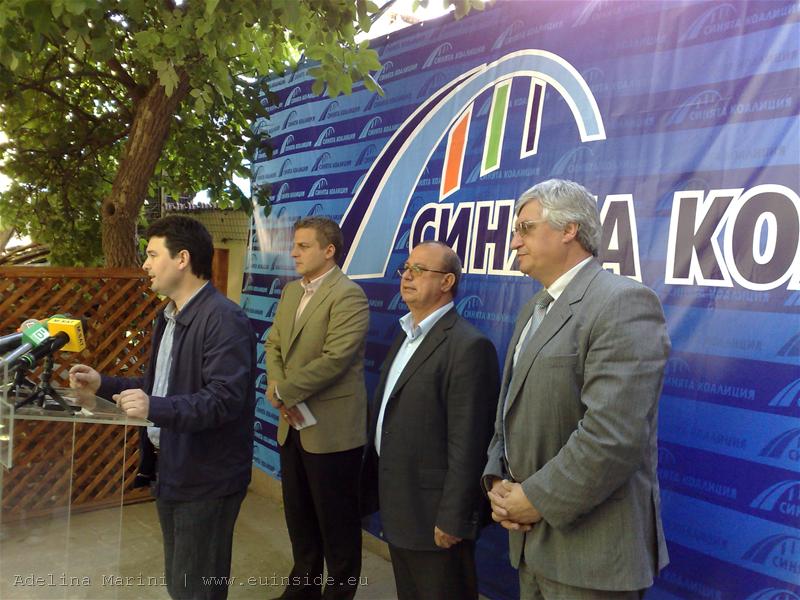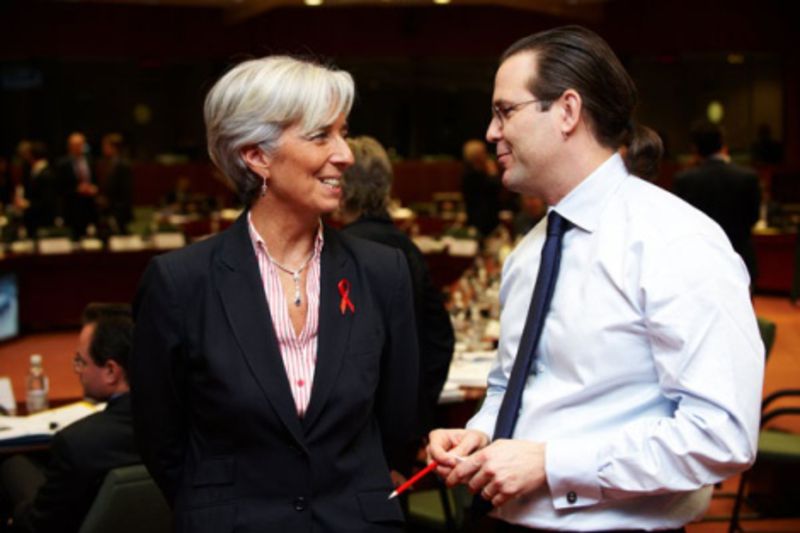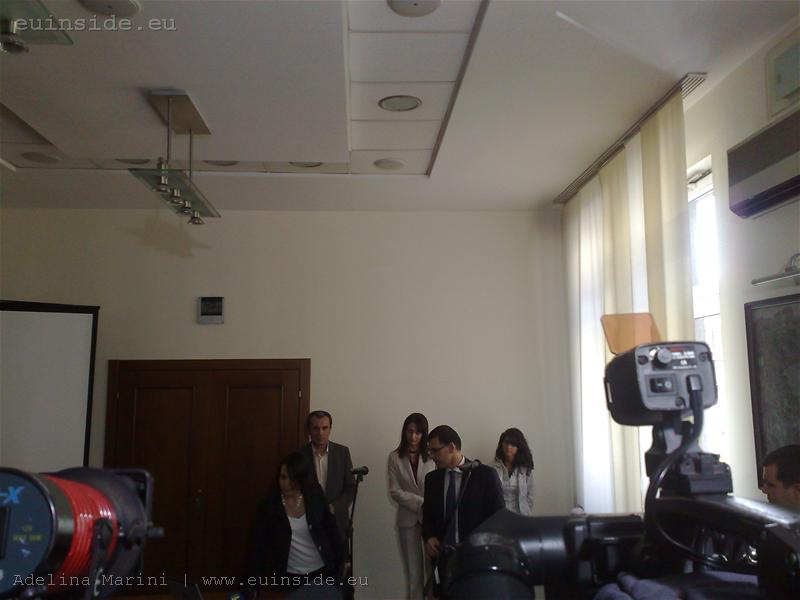Next week we will vote, but for what?
Ladislav Tsvetkov*, May 31, 2009
 A little more than 10 years ago an American woman asked me how do we, here in Bulgaria, elect our political representatives. Her questions were specific: How do you vote for someone you don't know? How do you elect someone without forcing him to take certain engagements to you? And last but not least, how is it possible the person you elected not to report what he has achieved from what has been promised?
A little more than 10 years ago an American woman asked me how do we, here in Bulgaria, elect our political representatives. Her questions were specific: How do you vote for someone you don't know? How do you elect someone without forcing him to take certain engagements to you? And last but not least, how is it possible the person you elected not to report what he has achieved from what has been promised?
I still don't have the answers to these questions 10 years later. Only in a week we will elect representatives to the EP (European parliament), and a month later - to the National Parliament. For almost a month the attention of politics oriented people has been drawn to events which could hardly be defined as politics or policy. The issue of the garbage of Sofia, the quick and controversial appointments of people to key positions just before the term is over, changes in the elections legislation and the "majority" possibility for people with controversial reputation to participate in elections and to replace the prison cell with the plenary room. And last but not least, what's being happening around the registration of the UDF for the elections - a process that beside political abbreviations of participants, is political as far as it is an example and a proof that in Bulgaria there is refusal of making politics or policy.
A week before the elections and in the peak of the elections campaign not someone else but the president of the Supreme Administrative Court (SAC) Konstantin Penchev, a calm and well raised person, couldn't restrain himself and instead of just reading the statement of the court on the rejection from registration of the Blue coalition by the Central Electoral Committee, he clearly showed how here politics is being done and what's hiding behind terms like "independent organ" and "law obedience". Konstantin Penchev said directly that cannot be possible in a constitutional state attempts to be made one real political object, represented in the Parliament, to be erased because of a missing document which is the result of another court's unfinished business. Furthermore, the president of the SAC that when taking the decision the independent Central Electoral Committee has dared to reject and not to comply with the decision of the Supreme court and even to allow members of the Committee to call the president of the court for the period between the session of the SAC and the taking of the decision.
Mentioning all these facts is important because there cannot be a more clear example of how elections are being organised 20 years after 1989. If you read the protocol from the session of the CEC when it rejected registration for the Blue coalition, you will get the full picture of how convenient the refusal of the City Court of Sofia to register the new leadership of the UDF (which is the main obstacle for the participation of the party in the Blue coalition) is with, at a glance, innocent questions of members of the Commission why the UDF doesn't have a certificate of its actual status which was supposed to be issued by the City Court of Sofia. Because of this document the Committee refused to register the Blue coalition. And why the City court didn't set a date for a session to solve the issue, obviously is a redundant question.
These complex and entangled events with very specific consequences are an example of how inventive can people with power be during elections campaigns and why they prefer to do that instead of standing in front of you, making specific promises and then inform you about their implementation. And if they do not fulfill what they've promised then go away at the next elections.
 *Ladislav Tsvetkov is a reporter in the news TV station Re:TV and a photographer. He is the author of a lot of pictures euinside has published.
*Ladislav Tsvetkov is a reporter in the news TV station Re:TV and a photographer. He is the author of a lot of pictures euinside has published.
 | © Adelina Marini | www.euinside.eu
| © Adelina Marini | www.euinside.eu | © Consilium
| © Consilium | © euinside
| © euinside